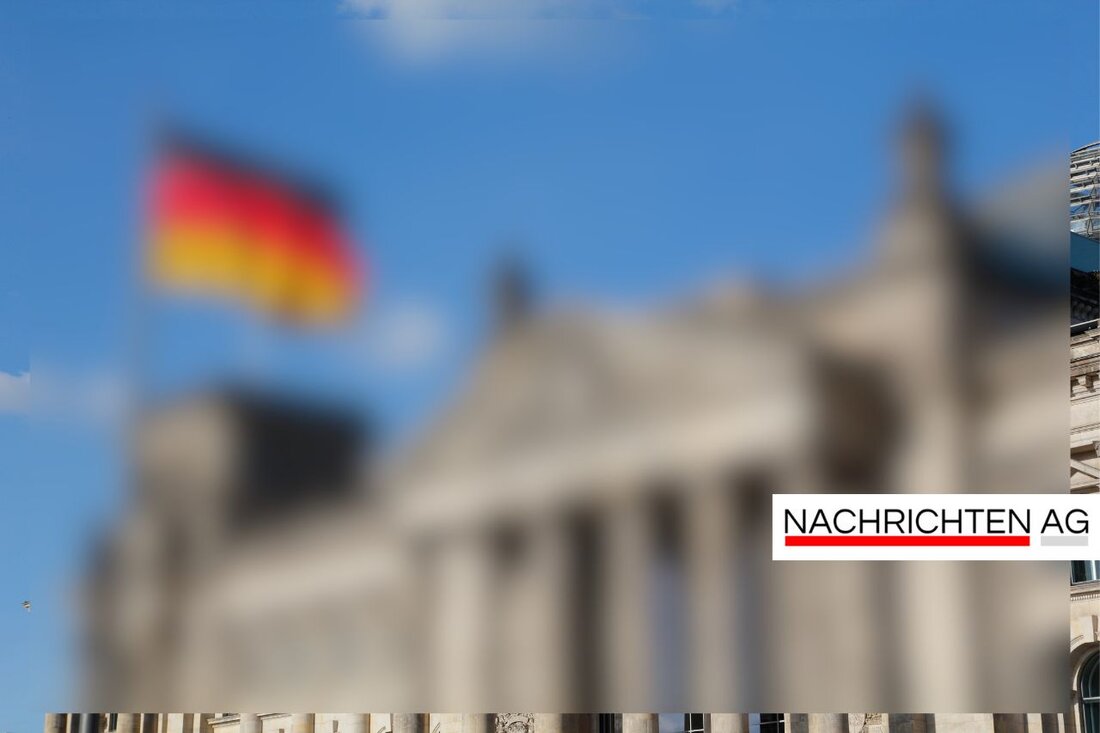Dispute over pension package: Young Union threatens to block!
Johannes Winkel criticizes the 2025 pension package as unfinanceable. Government emphasizes that pensions remain stable and fair.

Dispute over pension package: Young Union threatens to block!
The discussion about the federal government's new pension package is in full swing and is leading to violent conflicts within the political landscape. Johannes Winkel, the federal chairman of the Junge Union (CDU), puts it in a nutshell: His assessment of the pension package is clear; he describes it as a “debt package” with follow-up costs of over 115 billion euros, which, in his opinion, are not generation-appropriate or cannot be financed. The Young MPs of the Union are ready to prevent the adoption of the withdrawal of the law as, in their view, it goes beyond the rules set out in the coalition agreement and could cause long-term financial burdens until 2040, as Yahoo News reported.
These internal tensions are also reflected in the statements made by Chancellery Minister Thorsten Frei, who calls for prudence in the debate and emphasizes the need for intensive negotiations. “In the end there has to be a good solution,” says Frei. The critical voices also include CSU boss Markus Söder, who is demanding more speed from the federal government in reforms and sharply criticizing the traffic light coalition's controversial heating law.
Important measures in the pension package
In the meantime, the Federal Cabinet has approved the 2025 pension package, which includes many important points that are important for all generations. Federal Labor Minister Bärbel Bas emphasizes that the package sends a clear message: “The pension remains stable and fair.” This includes extending the holding line for the pension level to 48 percent by 2031 and the introduction of mother's pension III, which also takes children born before 1992 into account. Child-rearing periods are counted for up to three years, which could relieve the burden on many families. The lifting of the ban on joining older people also makes it easier for older people to return to their previous employer after reaching the standard retirement age Federal Government.de can be read.
The pension level is of crucial importance, as around a quarter of pensioners in Germany receive less than 1,300 euros in statutory pension per month and are increasingly suffering from the risk of poverty. Demographic change is also exacerbating the situation, as fewer workers per pensioner contribute to the financial stability of the system. The scientific advisory board of the Ministry of Economic Affairs is already warning of increasing financing problems in pension insurance, which must be supported annually through tax subsidies Deutschlandfunk is explained.
The future pension landscape
The federal government plans to publish regular reports on the stability and performance of the statutory pension insurance by 2029. A second package with further pension policy measures is also in preparation, which provides for the introduction of an early start pension from 2026 as well as an active pension. The latter would enable pensioners to earn up to 2,000 euros tax-free. Increasing the retirement age due to increasing life expectancy is being discussed again and again, and the Pension Commission will examine the overall level of pension provision from 2027.
In this respect, the government faces major challenges in ensuring sustainable pension provision for future generations. The voices in politics are loud and the positions are clear: a good hand is urgently needed here.

 Suche
Suche
 Mein Konto
Mein Konto